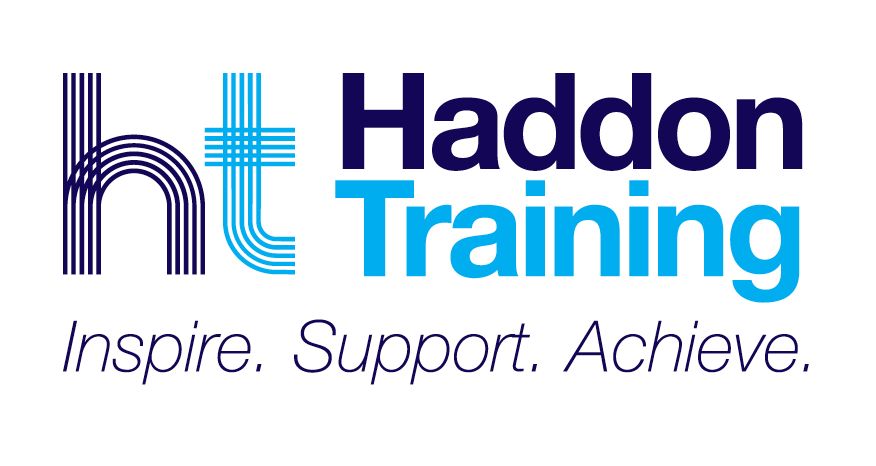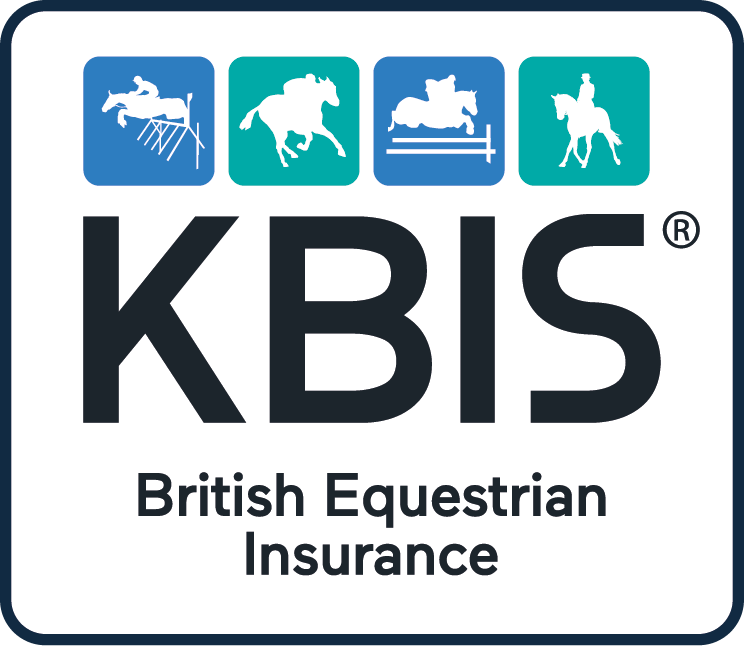- Join Us
- Login
- EEA ToolKit
- Employment Essentials
- Frequently asked
- Contracts and wages
- Time off work & absence
- Staff management & training
- Workplace disputes
- Dismissals and resignations
- Pregnancy and children
- Avoiding discrimination
- Redundancy and Retirement
- Other responsibilities
- Legal Helpline
- Recruitment
- Good Recruitment
- New starters
- Find a groom
- Good Employment
- Resources
- Downloads Library
- EEA Pension & Payroll
- Safe workplace
- Employers Minds
- Transporting horses
- Riding Establishment Licences
- Member discounts
- Business Hub
- Equestrian businesses
- The business plan
- Business compliance
- My clients
- Livery Contract Creator
- Financial matters
- Business challenges
- Marketing
- The EEA
- Employers Life
- Contact

Advice For Employers on Coronavirus
11th March 2020
As Coronavirus spreads and concern is increasing about the impact on the economy and small businesses, we share this advice regarding an employers legal and moral standing.
The challenge is this - there is likely to be a chance that grooms are going to be unable to work in your business, and working from home isn't really an option in our industry.
This is going to have a significant impact, for a period of time.
What are your moral obligations as an employer?
All employers have a duty of care to ensure that the place of work is safe. This includes providing tissues, adequate antibacterial hand wash and hand sanitiser and insisting on regular hand washing.
Also to ensure that high risk individuals, such as those with any underlying medial conditions or pregnant ladies are given priority.
If you are unaware of the symptoms of Coronavirus (COVID-19), the NHS has a comprehensive guide. If you, or a member of your team, are feeling unwell, please call 111 for advice (do not visit your local GP). The NHS have issued guidelines for self-isolating.
What are your legal obligations regarding sick pay?
For businesses with fewer than 250 employees, the Government have announced that they will fund SSP for two weeks of employees.
The current ACAS guidance says:
 |
Normal sick pay policies apply if an employee has the virus. |
 |
If an employee is not sick and you tell them not to come into work – for example, if they have recently travelled to an affected country or come into contact with someone who has been confirmed as having the virus – then they should receive their usual pay. |
 |
If an employee is not sick but cannot work because they have been told by a doctor to self-isolate or have been quarantined, it is good practice for an employer to treat this situation as sick leave or to offer the employee the option to take the period as annual leave. |
 |
In cases where employers do not offer sick pay, workers will be entitled to statutory sick pay (SSP) for up to 28 weeks if they are eligible (They need to be earning at least £118 a week). This amounts to £94.25 per week. |
Public Health England is currently advising people to self-isolate only under very specific circumstances. These include anyone waiting for coronavirus test results, anyone who has come into contact with a confirmed infected person, and anyone returning from a country significantly disrupted by the virus.
The UK Government’s latest advice to employers is that any period of necessary self-isolation under its guidelines would be treated as sickness absence, and that a doctor’s note would not be necessary to entitle that employee to statutory sick pay.
However, it is unclear under law whether any period of self-isolation when asymptomatic should be treated as sickness absence, especially if an employee remains fit, ready, willing and able to work but is effectively placed on medical suspension as a precautionary measure for health and safety reasons.
In this situation and where practical an employer can request an employee to work from home during the 14 days’ quarantine period and the employee would continue to be paid as normal.
If it isn’t practical for an employee to work from home, and they are otherwise fit to work, but the employer is insisting on a period of self-isolation then the employee should still receive their usual pay during that period.
If an employee then developed symptoms during the period of self-isolation, or becomes unwell in any event, then they are no longer fit to work and therefore their absence would be treated as sickness absence as normal and they would be entitled to statutory sickness pay only.
An employee cannot choose to self-isolate simply because they are worried about becoming infected. There is a lot of concern and hysteria surrounding the spread of the coronavirus and whilst employers should be sensitive to the concerns and should discuss these with their employee(s), ultimately if an employee refuses to work then they could face disciplinary action.
What happens if my employee’s school or nursery closes?
All employees have the right to time off during working hours to deal with unforeseen matters and emergencies where a dependant is concerned.
A dependant is defined as a spouse, partner, child, parent, or someone who depends on an employee for care, an elderly relative for example. Your employee must tell you as soon as possible why they will be absent and for how long.
The amount of time off an employee takes to look after someone must be reasonable for the situation (usually 1- 2 days).
There is, however, no statutory right to pay for this time off, so it will be up to the employer to decide whether the employee will be paid during that time off or not.
If an employee needs a longer period of time, an employee can request up to 13 weeks as unpaid parental leave, provided that the employee has been continuously employed for one year. Each employee is entitled to up to 18 weeks’ leave for each child and adopted child, up to their 18th birthday. Unpaid parental leave is limited to four weeks which must be taken as weeks in their entirety.
Can an employee use their annual leave?
An employee cannot be forced to use their annual leave if they are sick. In addition, if an employee falls ill whilst on annual leave, that time is then reclassed as sick leave, subject to provision of a doctor’s note and the employee is entitled to have those leave days reinstated.
However, an employer can ask an employee in certain circumstance to take annual leave if they provide adequate notice; twice the amount of the days an employee is being asked to take. For example, to ask an employee to use 5 days’ holiday, an employer would have to give 10 days’ notice.
The symptoms of coronavirus are:A coughA high temperature Shortness of breath These symptoms do not necessarily mean you have the illness and are similar to other more common illnesses such as the cold and flu virus. |
JOIN THE EEA - ONLY £42.50
*Legal information provided by Parental Choice
NEWS ARCHIVE
- 2026 (3 ENTRIES)
- 2025 (31 ENTRIES)
- 2024 (22 ENTRIES)
- 2023 (18 ENTRIES)
- 2022 (15 ENTRIES)
- 2021 (10 ENTRIES)
- 2020 (36 ENTRIES)
- 2019 (42 ENTRIES)
- 2018 (48 ENTRIES)
- 2017 (15 ENTRIES)






















-Small.jpg)



